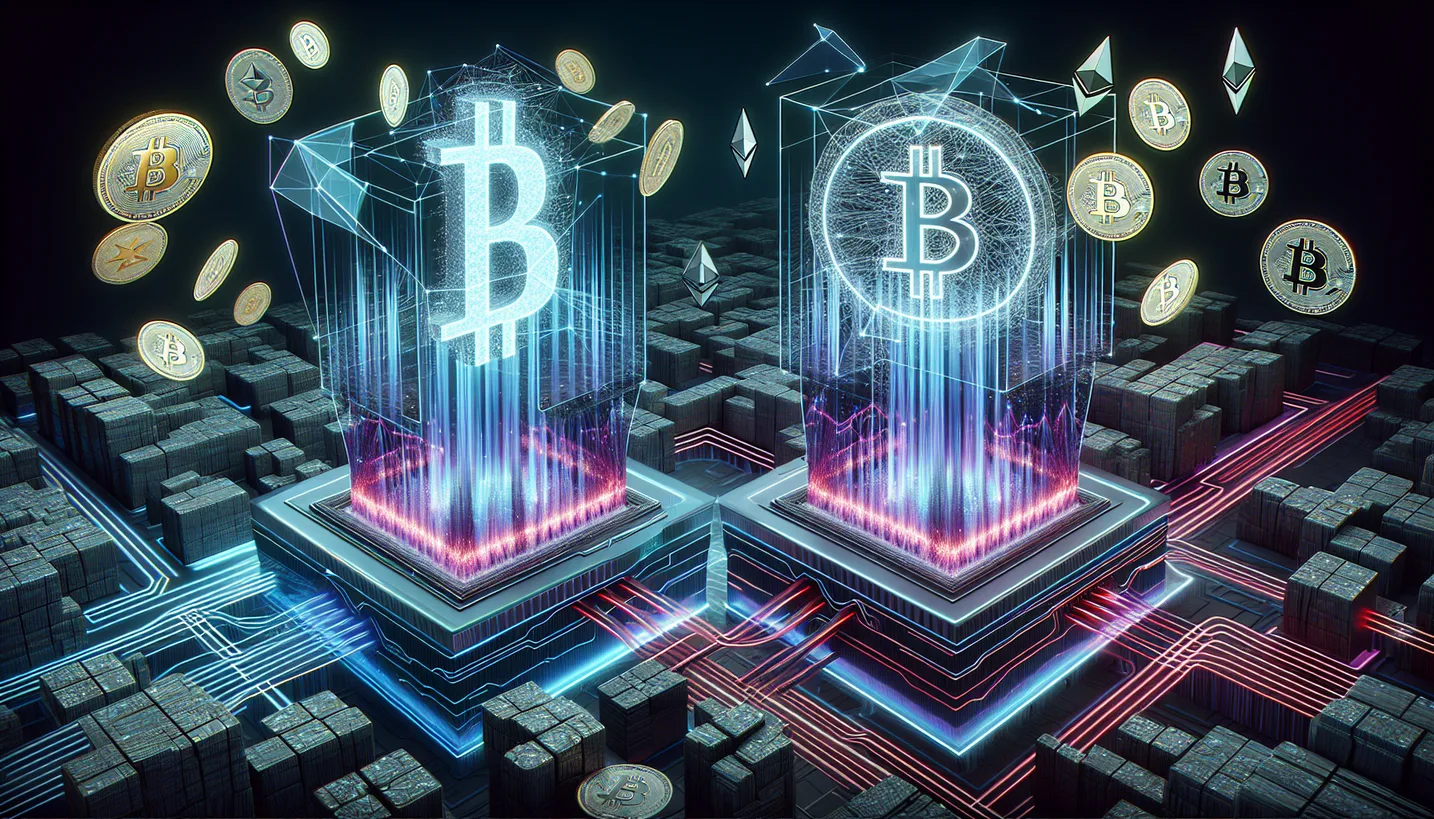Here is the formatted article in HTML: The Centralization of Bitcoin: A Growing Concern The concentration of power in the hands of two major mining pools, Foundry USA and AntPool, has sparked concerns about the decentralized nature of the network. The dominance of these two pools has raised questions about the potential risks of 51% …
The Centralization of Bitcoin: A Growing Concern

Here is the formatted article in HTML:
The Centralization of Bitcoin: A Growing Concern
The concentration of power in the hands of two major mining pools, Foundry USA and AntPool, has sparked concerns about the decentralized nature of the network. The dominance of these two pools has raised questions about the potential risks of 51% attacks, transaction censorship, and geopolitical manipulation.
Recent data indicates that Foundry USA and AntPool hold a significant portion of Bitcoin’s network hashrate, which is around 651 exahashes per second (EH/s). Foundry USA contributes 215.79 EH/s, while AntPool provides 153.55 EH/s. The level of power at this point is unprecedented, and many experts are raising concerns about the potential risks.
One of the primary concerns is a 51% attack, where fewer than half of all hashrate is controlled by one entity or group of entities, allowing them to influence transactions and even alter the blockchain. Although the potential attack is not easily foreseeable, the concentration of power in the hands of a few mining pools makes it highly unlikely that such an event could occur.
Another issue with this situation is transaction censorship, where mining pools can selectively choose which transactions to include in their blockchain, effectively chopping down specific transactions. This is particularly problematic, as it could allow for the manipulation of the network for political or financial gain. The potential for mining pools to exert control over the network is emphasized by F2Pool’s decision to censor transactions on the Office of Foreign Assets Control (OFAC) list in 2023, which raises questions about the influence of national governments on it.
As the US and China continue to escalate their tensions, there is a growing risk of political interference in the network. The possibility of governments imposing their will on the flow of transactions and information is alarming, and could have significant implications for Bitcoin’s future.
He is not alone in his concerns about the centralization of mining power, which is a concern shared by many in the cryptocurrency community. The recent dominance of Foundry USA and AntPool has heightened the situation, prompting demands for more decentralization and dispersed mining power.
As the Bitcoin community confronts the implications of mining pool domination, it is clear that action needs to be taken to fully centralize the network. The moment has arrived to implement new mining protocols, promote smaller mining pools, or decentralize mining power. It is up to the community to ensure that the network remains largely decentralized and secure as Bitcoin’s future hangs on this matter.
The Bitcoin network must be protected from the dominance of mining pools, which poses significant risks. Learn more about the implications of mining pool centralization and the potential solutions in our article “Bitcoin Mining Pool Centralization: Risks and Solutions” on CoinSeeks.com.
Subscribe to Our Newsletter
Keep in touch with our news & offers
Thank you for subscribing to the newsletter.
Oops. Something went wrong. Please try again later.











